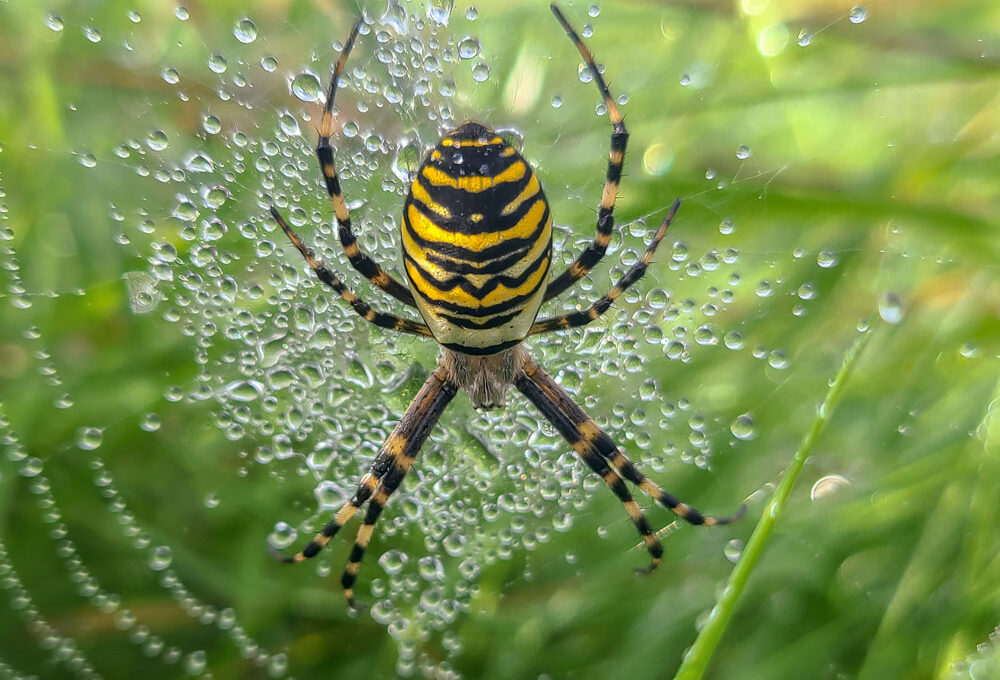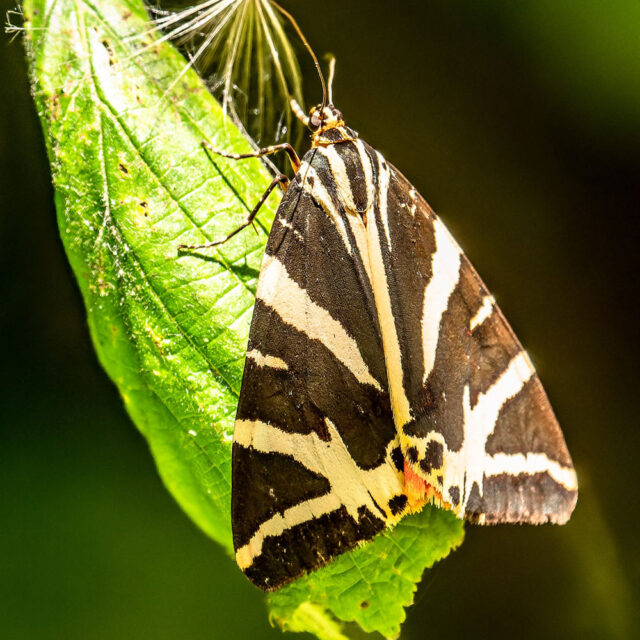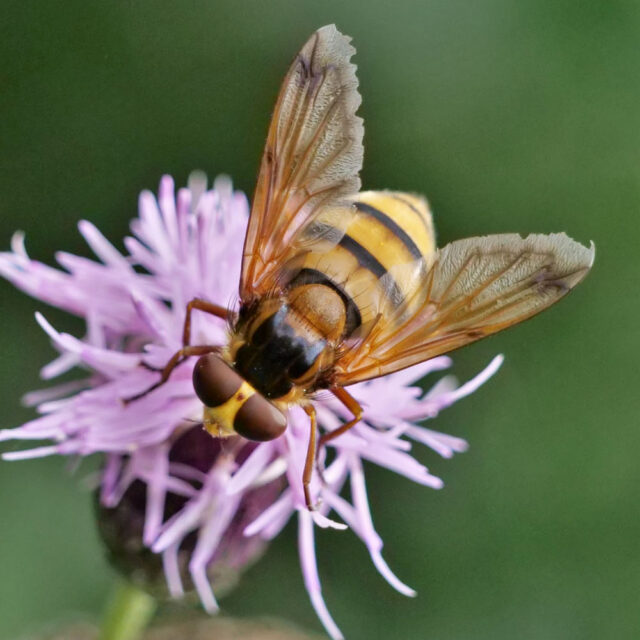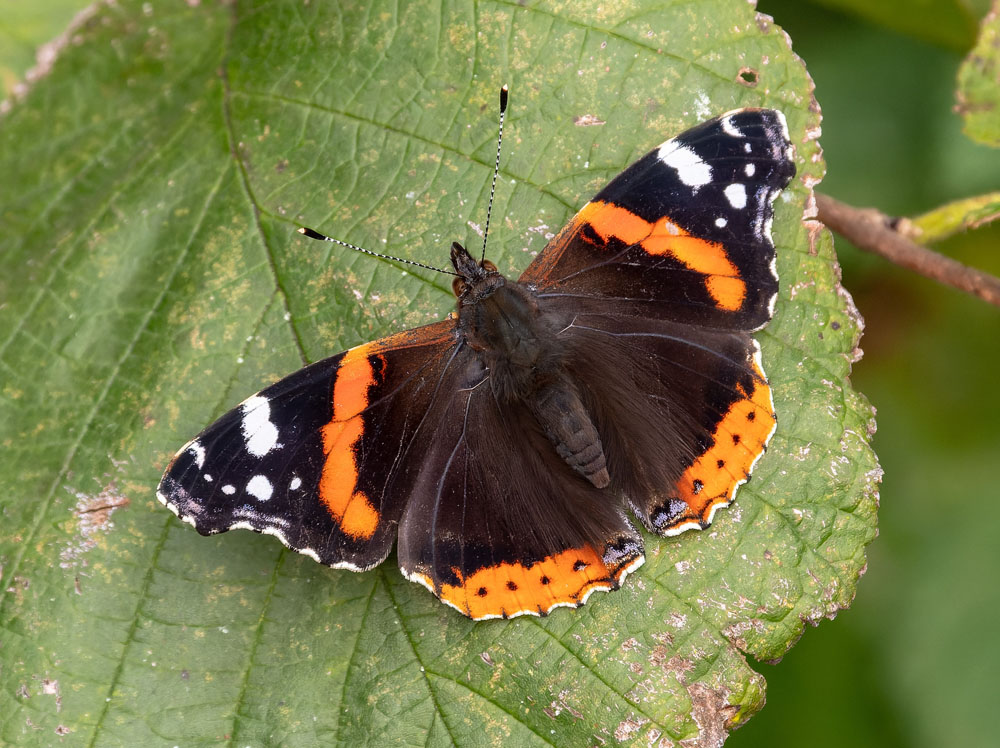
Wildlife surveys carried out by ecologists at Bath City Farm over the last eight years have recorded species that a generation ago would have been rarities sixty miles south on the English coastline, rather than common occurrences in the north of Somerset.
The 37-acre city farm on a north-facing slope between Twerton and Southdown has now recorded 1,250 species. Notably 30 of the species found on the grasslands and in the woods on the farm are recent arrivals to the area as warmer weather sees new species moving northwards.
Ecologist and Trustee, Mike Williams, who has led the wildlife recording, said: “Insects are important indicator species that help ecologists understand the realities of a changing climate on our natural world. Spiders are a classic example as due to their short lifespan and mobility they react to changes in weather.
“Three years ago, the elegant Wasp Spider was recorded on the farm for the first time ever and is now increasingly common in the area. In the early 1990s I only ever saw the Wasp Spider on the south coast of England, in Dorset”, added Mike. “This was at the extreme north of their range because it was too cold for them. I would never have imagined then that one day they would be found as far north as Bath as we live with the realities of climate change.”
Butterflies at the farm were severely impacted by the dry spring and wet summer with fewer numbers recorded this year. The Red Admiral has bucked the trend because less cold snaps and frosts have seen these summer migrants overwintering in the UK and breeding in the springtime which has led to greater numbers. The Jersey Tiger Moth, was only ever found on the Channel Islands, but has become an increasing sight across the South of England, including on the farm.


Other recent new arrivals recorded include the Hornet and Lesser Hornet Hoverfly, two harmless species that closely resemble Hornets; the Ivy Bee, which is now a common sight on Ivy flowers in the autumn; and the small green Ivy Spider, which was filmed on the Farm in 2022 for BBC Autumnwatch.
A lack of frosts can have a devastating impact on plants, such as the Yellow Rattle, as it¹s so fundamental to their lifecycle. With warmer temperatures this plant can struggle to germinate having a knock-on effect on pollinators and herbivorous insects, which in turn provide food for birds and bats.
Mike Williams said: “Our wildlife surveys have shown that climate change isn¹t something that will happen in the distant future. It is having a clear impact on species across the UK, including impacting the wildlife that calls the Farm home.” He added, ” Most of the crickets you hear calling in the meadows have only been in Bath for the past 20 years or so – these are Roesel’s Bush-cricket and Long-winged Conehead. The former is very loud and very numerous. I tell people on my nature walks around the Farm that they are listening to the sound of climate change when we hear them.”
